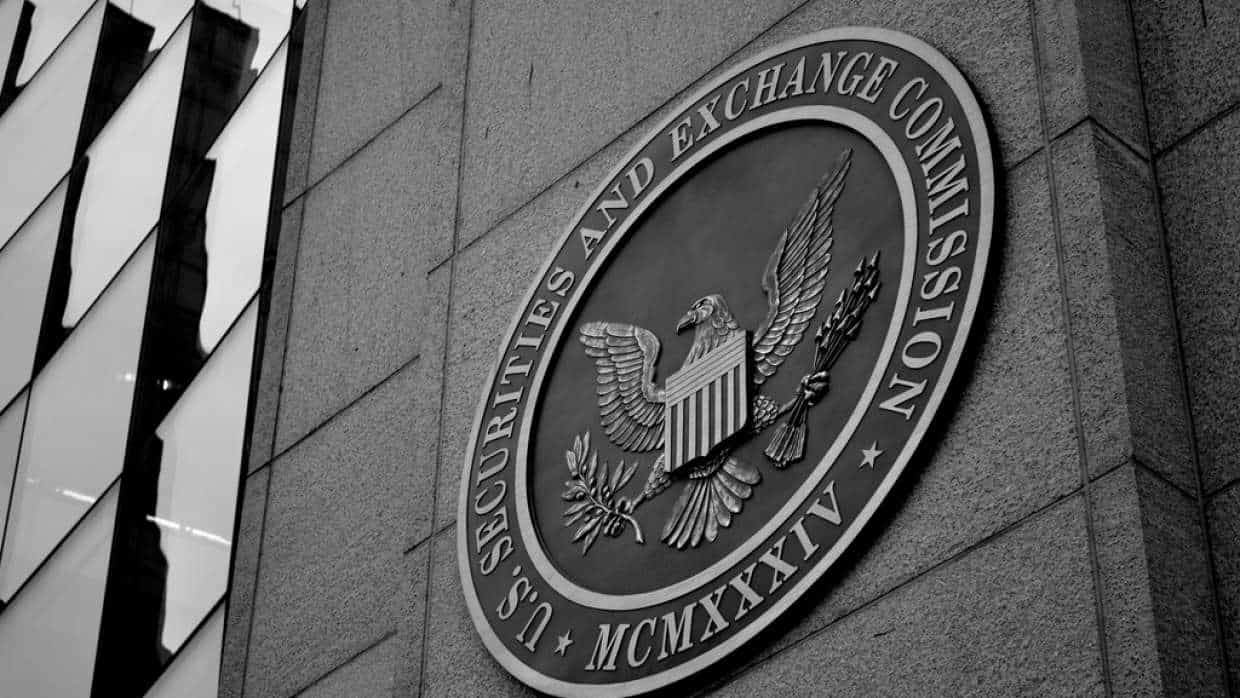Join Our Telegram channel to stay up to date on breaking news coverage
The United States Securities and Exchange Commission (SEC) remains committed in its mission to bring suspected fraudsters to book. In its latest act, the agency is seeking a default judgment against an allegedly fraudulent crypto project. This is despite its promoters failing to show up.
No Defendant, No Problem
According to a motion filed earlier this week, the SEC has sought a default judgment against Meta 1 Coin, a self-proclaimed art and gold-backed stablecoin. The SEC’s filing roped in the asset as well as its promoters – including four individuals and three companies. All defendants had reportedly missed their court appearances despite having corresponded with their lawyers and the court.
The defendants in the case include Wanda Traversie-Warner, Robert P. Dunlap, Alfred Warner Jr., and Nicole Bowlder. The SEC also mentioned Clear Trust International, Meta 1 Coin trust, and Ironheart Trust. All defendants were accused of defrauding about 500 investors of $9 million in the Initial Coin Offering (ICO) for the Meta1 Coin.
Amongst other things, the defendants allegedly claimed that the assets were backed by $1 billion in fine art assets of $2 billion in gold reserves. However, none of these funds existed, and the promoters spent investor funds on lavish lifestyles.
Meta 1 Coin told investors that coins bought in a pre-ICO would grow from $22.22 or $44.44 to over $50,000 in two years. The SEC now seeks civil penalties, disgorgement, and a permanent injunction against all defendants.
Criminals Going AWOL
This isn’t the first time that a regulatory agency would have to deal with a no-show defendant. In August, the Commodity Futures Trading Commission (CFTC) filed a motion to grant a $429 million penalty against Benjamin Reynolds, the founder of the U.K.-based Ponzi scheme Control Finance.
The CFTC has been building a case against Reynolds and Control Finance since last year. At the time, the watchdog claimed that the entities misappropriated about 22,858 BT (worth $147 million at the time) from over 1,000 investors.
Control Finance allegedly got investors to deposit funds, promising daily returns through trading. However, it was really just a Ponzi scheme. When the jig was up, Control Finance’s website and social media pages immediately went dark. Despite pleading for investors to keep calm, Reynolds and his associates had begun laundering their funds.
Since then, the CFTC has been working to find Reynolds. In January, news sources reported that the agency filed a motion asking the New York District Court for a service of process on Reynolds. It also asked to extend the sixty-day limit to enforce the service on him and Control Finance.
Despite that, all search efforts have proved abortive. In a second filing, the CFTC claimed that it got leads that Reynolds was in South Korea.
Join Our Telegram channel to stay up to date on breaking news coverage


